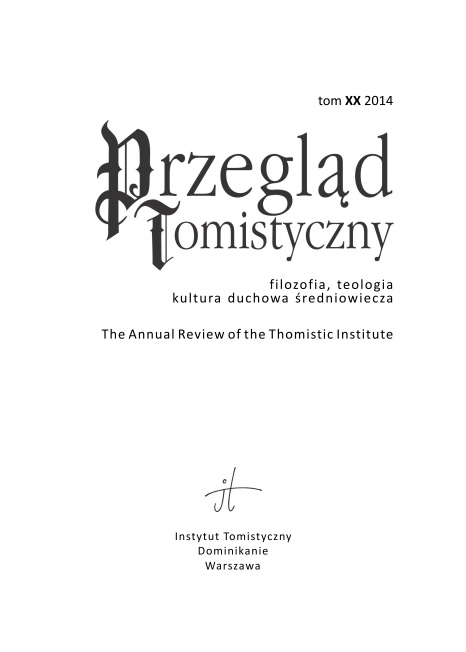Autorytet w obszarze społecznej gry
Authority on the Social Playing-Field
Author(s): Andrzej PotockiSubject(s): Sociology, Social Norms / Social Control
Published by: Instytut Tomistyczny
Summary/Abstract: The author is interested in the social functioning of authority. The article begins with definitional findings, emphasizing the complexity of the phenomenon and the multiplicity of its kinds. There follows a discussion of the social signifiers of authority. The article emphasizes the need for authority as a factor indispensable to the stability of axio-normative systems and, consequently, for the stabilization of an entire social system. From this perspective, authority is seen as a factor not to be underestimated. It creates bonds that stabilize social life, organize collective action, and ensure order. As such, authority is considered a positive force in common life. However, excessive confidence in authority carries risks. It may result in a stasis so far-reaching that it retards the more challenging undertakings connected with modernization. In extreme cases, it may prevent any modernization at all. This, in turn, can lead to an ossification of the structures and functions of the community. The author emphasizes that the dominance of one strong authority carries the risk of dictatorship, but that an excessive number of authorities may lead to atomization. Meanwhile, the lack of any kind of meaningful authority may result in anarchy. The author gives a comprehensive overview of contemporary Polish sociological research to document the scale of appreciation or rejection of authority. The article pauses to consider the thesis of a contemporary crisis of authority. The thesis of a transition from authority based on social roles to authority based on values is also considered. The article moves on to consider the theme of creating authority, and tries to identify authority’s ultimate source, with particular emphasis precisely on values. Finally, the article looks at the functioning of authorities, with special attention paid to the increasing movement away from traditional institutionalized authorities and towards individual autonomy. It examines the transition from morality of authority to the morality of conscience, although the latter is understood today in many different ways. The people recognized as authorities are a kind of personification of authority itself. The author discusses the leading personal authorities among young people in contemporary Poland. He concludes that today’s Poles are actors in a verification process of old authorities and values; they choose those that appear to be functional and responsive to present human needs. Thus, on the one hand, contemporary Poles are seen to be defying authority (since they seem to be sacrificing some values previously considered to be important), while on the the other hand they seek authorities as points of reference as they make important life-choices. In certain instances then, authorities are still deemed useful. Functional and useful authorities have pride of place. Usefulness is often measured according to what is supposed to help people attain what appears to be attractive.
Journal: Przegląd Tomistyczny
- Issue Year: 2014
- Issue No: XX
- Page Range: 161-182
- Page Count: 22
- Language: Polish

